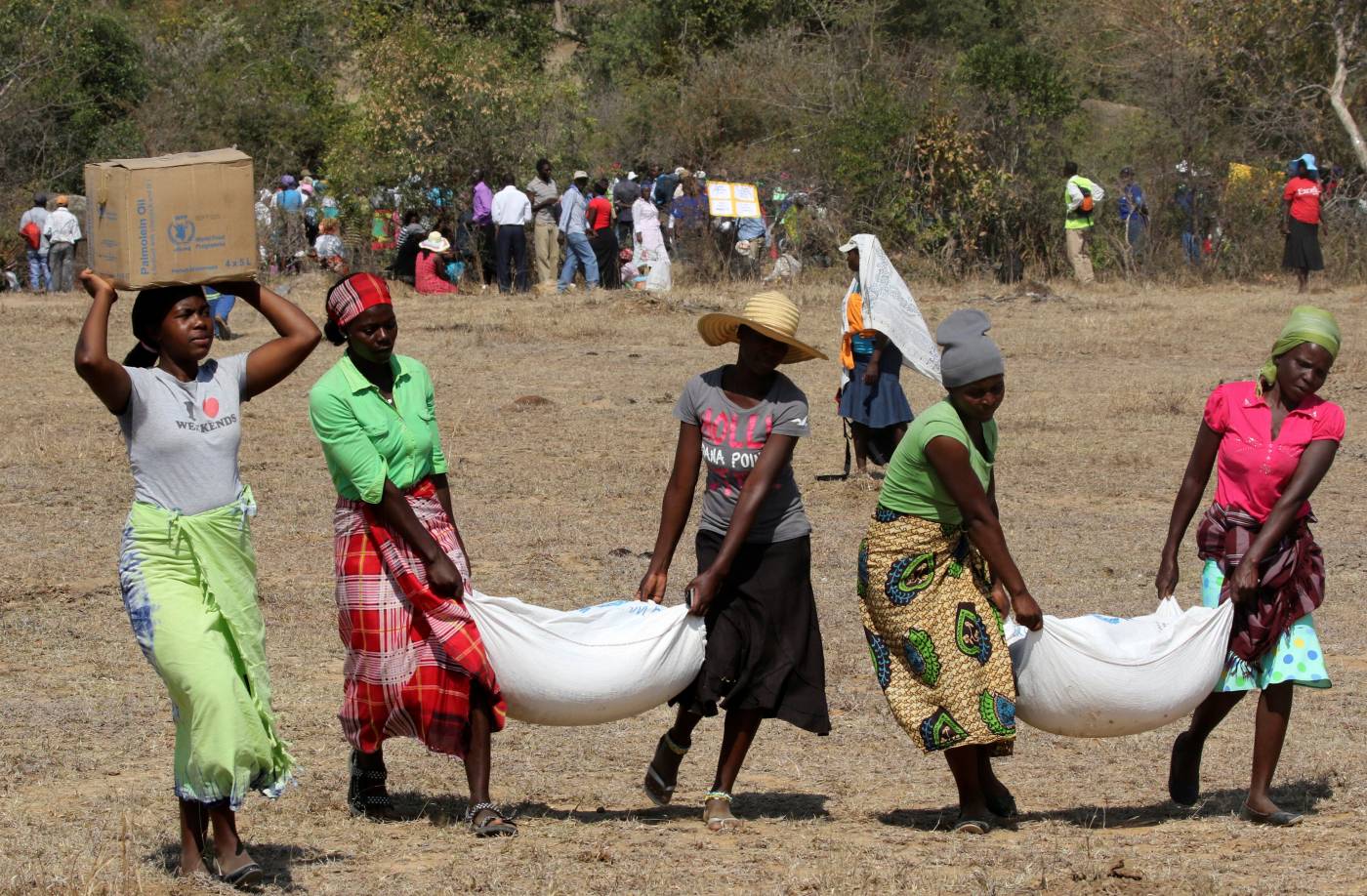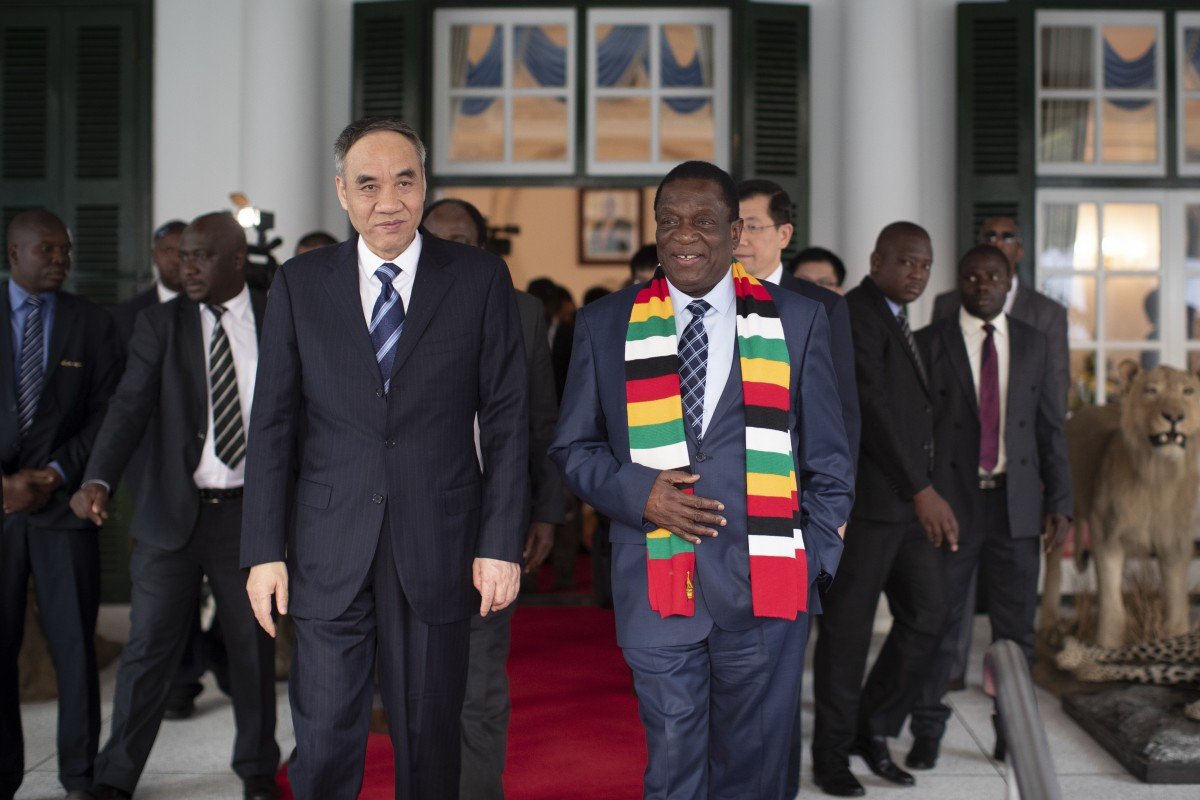Back in 2015, when the concept of Hillary merely winning the popular vote was a farcical notion, Ted Cruz and his circle started making noise about imposing term limits on the federal judiciary. He was also talking about judicial elections, which are stupid, but there was a nut of an idea here so let’s throw the guy a bone. Several liberal legal scholars chimed in to say Cruz was on to something.
While Cruz has different ideological hopes and dreams, the idea that an 86-year-old cancer survivor is the only bulwark against the collapse of several basic constitutional protections doesn’t exactly inspire confidence in the American experiment. The courts are supposed to be lagging reflections of the electorate and the vagaries of the human lifespan shouldn’t dictate why Trump gets to pick two justices and Carter got none. As Erwin Chemerinsky put it, “a system of government that allows a handful of men and women to hold great power for such an extended period of time is, by nature, more feudal than democratic.” Regardless of politics, the very credibility of the judicial branch is undermined when the country views it as a race to find ideological zygotes and shove them into robes. When liberals openly questioned Merrick Garland’s fitness for the Court because he was already in his 60s, things are broken.
The folks at Fix the Court pointed me to a recent National Review column where John Fund made the conservative case for doing something about life tenure:
“Returning our courts to their proper place in our constitutional framework is a tall order, and not one to be solved by abandoning life tenure for Supreme Court justices. But the idea is a sensible step, enjoys support from both conservative and liberal legal scholars, and just might give Congress the opportunity to prove to the American people that it’s still capable of bipartisan action.”
Fund also endorsed our plan for 18-year terms. “The Fix the Court plan would preserve the Constitution’s guarantee of tenure during ‘good Behavior’ by having departing Supreme Court justices serve on one of the nation’s eleven appeals courts.”
Fund isn’t exactly the Republican base at this point, but that this idea still has some currency on the right is huge. There might actually be an opening to do something about this constitutional anachronism with a little bipartisan effort.
And yet, I’m sure the Democrats will find a way to screw this up. They’re already unironically talking about “court packing” so the work of building the instruments of their own destruction continues unabated. Back when Cruz pitched his plan, I asked Nan Aron of Alliance For Justice if this might be a good time for liberals and progressives to reach out and create some makeshift alliances on the right to secure a more sensible judiciary going forward. Her response, which was in line with most of the Democratic-leaning world at that point, was to question why one would ever want to do that. Certainly Republicans were holding up nominations and creating judicial emergencies around the country, but a Democratic president was on the horizon so why handcuff the cause?
Trump won. Republicans run the Senate. The advise and consent norm set by the Founders got a swift kick in the nuts from McConnell, and then they put Brewsky McDayplanner on the Court.
The idea that turnabout is fair play may have a visceral appeal but it basically never works. It’s the elimination of the filibuster all over again — Democrats give themselves a short-term today only to be bludgeoned to death with it tomorrow. Gerrymandering worked the same way for years until Democrats started calling for independent commissions whenever they own power instead of just blessing antidemocratic redistricting by gerrymandering things back their way.
McConnell is the greatest “tit for tat and tat and tat” player in the world. Court packing? Putting a Democratic rubber stamp on that is basically his wet dream. The only way out of this cycle is to flip the script. When Lucy’s going to pull out the football anyway, the answer isn’t a helmet, it’s to go play baseball. Put some neutral, fair term limits on these jobs.
There are even Republicans willing to help! That’s like stumbling over a unicorn, don’t waste that.
 Joe Patrice is a senior editor at Above the Law and co-host of Thinking Like A Lawyer. Feel free to email any tips, questions, or comments. Follow him on Twitter if you’re interested in law, politics, and a healthy dose of college sports news. Joe also serves as a Managing Director at RPN Executive Search.
Joe Patrice is a senior editor at Above the Law and co-host of Thinking Like A Lawyer. Feel free to email any tips, questions, or comments. Follow him on Twitter if you’re interested in law, politics, and a healthy dose of college sports news. Joe also serves as a Managing Director at RPN Executive Search.














 Jordan Rothman is a partner of
Jordan Rothman is a partner of 
 Kathryn Rubino is a Senior Editor at Above the Law, and host of
Kathryn Rubino is a Senior Editor at Above the Law, and host of 
 Jordan Rothman is a partner of
Jordan Rothman is a partner of